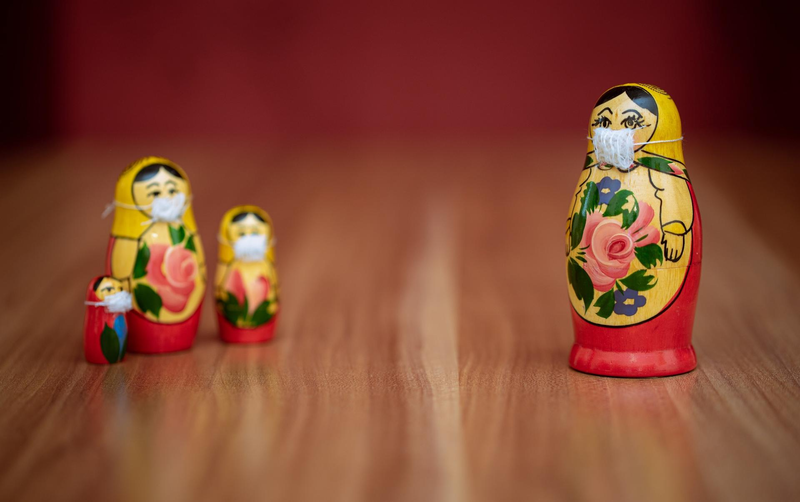
Social distancing as an introvert

I have seen numerous articles in recent weeks in which social distancing was called heaven for introverts. "Introverts seem to be made to survive weeks of seclusion," wrote a Belgian newspaper. While time to be alone is indeed a vital necessity for the introvert, social distancing does bring other problems.
At its core, introversion has to do with the level of stimulation of the brain. Introverts are overstimulated faster than extroverts and that is why they occasionally need time for themselves. That does not mean that they do not need social contacts at all. In fact, they love one-on-one conversations or conversations in small groups because then they are given the opportunity there to really go deep. Smalltalk is not so much for introverts.
During this period of social distancing you see different things happening. Firstly, many people are confronted with a different home situation, where attention suddenly has to be divided between family, work and self-care. The latter often comes last, although it is very important for introverts. After a period of socializing, a period of reflection is needed to put everything in perspective and to recharge.
Lonely
But just as you shouldn't put rechargeable batteries in the charger for too long, the same goes introverts. If they have had no contact with others for a long time and certainly no in-depth contacts, then they too will feel lonely. Nobody survives without contact for weeks, not even the introvert. In the end, we are all people in need of social contact, no matter how we are wired.
Another thing that is going on is that extroverts suddenly notice what it is like to be in a less noisy environment for a longer period of time. They have to adapt to a situation where more time is spent alone or in a small circle, something they usually avoid. Normally introverts have to adapt to the more extroverted world of open-plan offices and Friday afternoon drinks, but now the roles have suddenly changed. As a result, some extroverts start to look for other forms of contact in all sorts of ways and see the introvert as the perfect means to do so.
Ultimately, we are all people in need of social contact, no matter how we are wired.
Big Five
To the above I must of course add that no one is fully introverted or fully extroverted. The Big Five measures this on a scale, which is normally distributed. Most people are somewhere in the middle and can show both introverted and extroverted behavior. We all have a certain preference in this.
The same Big Five offers two other personality traits that actually have much more influence on how we experience this period of social distancing: emotional stability and your ability to deal with uncertainty. You can score high on both as an introvert and an extrovert, which means that there are also extroverts who can deal well with social distancing, despite that lack of contact. So let us be careful not to fall into generalizations, but rather to look at what each individual needs. Whether you are introverted or extroverted.

About the author
- Karolien Koolhof is a coach voor introverts and gifted individuals
- Author of the book Introvert Leadership
- Contact

